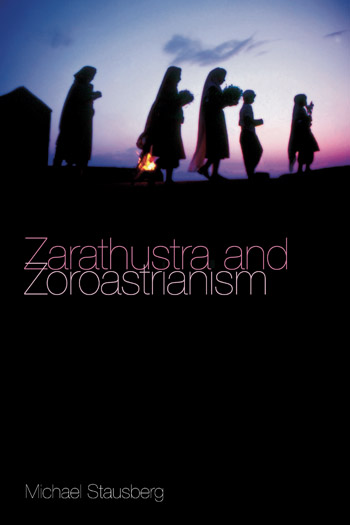Ethics, Purity and Gender
Zarathustra and Zoroastrianism - Michael Stausberg
Michael Stausberg [+]
University of Bergen
Description
We have already encountered moral precepts several times. The cited sources present the desired forms of “good” behaviour as divine revelations or orders by Ahura Mazdā, in which Zarathustra emerges as the prototypical recipient of these instructions. Thus, for example, in the Mithra-hymn Ahura Mazdā calls upon Zarathustra never to break contracts (not even those with “bad” people). The divine legitimation is accompanied by the description of Mithra’s actions in guarding, punishing and rewarding the desired form of action. As we have seen, the Avestan Vidēvdāt contains several abstract and numerous actual instructions for acting—for example, one has to be generous and not pee too far when urinating (as in Sraosha’s conversation with the Lie). Moreover, the text discusses the severity of the respective transgressions against this code of behaviour and prescribes rather detailed and sometimes seemingly quite draconian punishments. The sins committed will be paid for through these punishments. Some misdeeds, however, are seen to be so serious that they cannot be atoned for. For example, while one can escape with 200 whip lashes and 200 scourge lashes for starving a sheep dog, the killing of a sheep dog cannot be atoned for: When the soul of the sinner goes to the hereafter, it will moan like a wolf caught in a pit, but despite its moaning no other soul will come to its help; even the dogs guarding the bridge to the hereafter will not come to help (V. 13, 8–9). The moral and ritual action has direct consequences for the soul’s journey to the other world.






